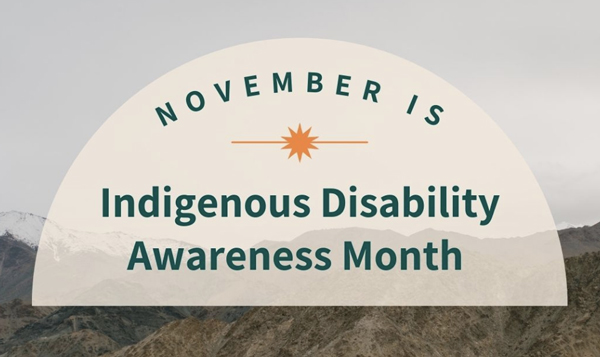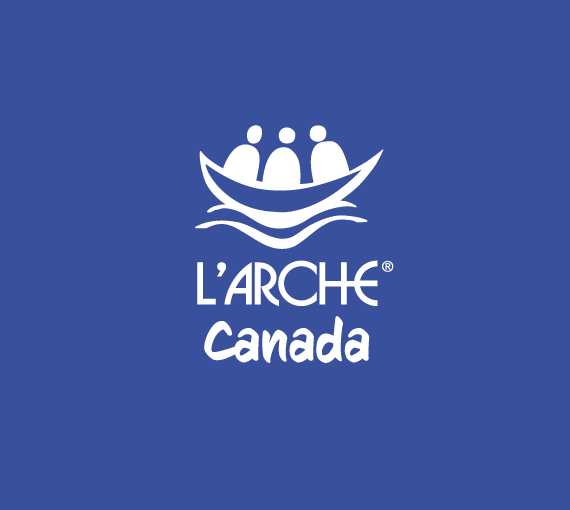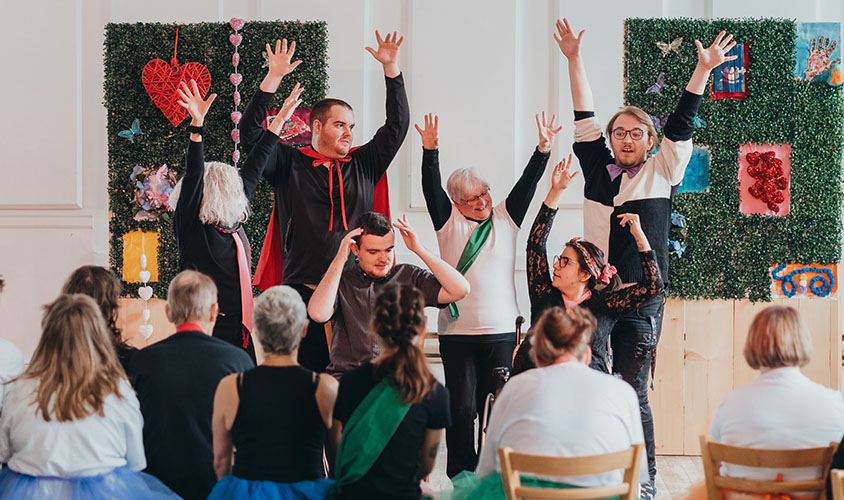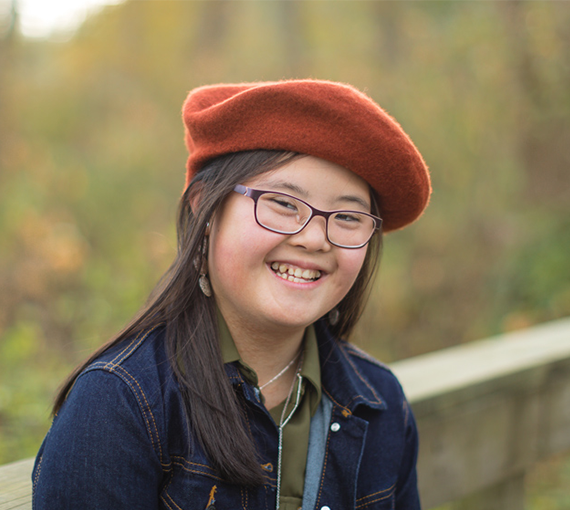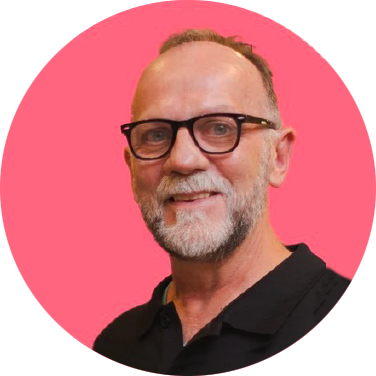John and Greg talk about how their friendship took root and has grown through mutual support for over thirty years.
 By Greg Lannan and John Guido
By Greg Lannan and John Guido

“Community is a good place. It’s like a family – in a different way. There are people who want to know you better, to talk together, to teach each other. We live together as brothers and sisters even though we’re not from the same family… It’s a place we start off as strangers and once we get to know each other, we’re not strangers anymore.”

 With these words, Greg began a recent talk we gave at a conference on theology and disability called A Deeper Communion: Church with People with Disabilities. John had been invited to give a presentation on L’Arche at the event. “From the beginning,” he recalls, “I knew that Greg had something important to share about his long journey to freedom. It was important that he begin our talk.” Greg was also clear, “We have to do it together. Without each other, we wouldn’t have anything to say.”
With these words, Greg began a recent talk we gave at a conference on theology and disability called A Deeper Communion: Church with People with Disabilities. John had been invited to give a presentation on L’Arche at the event. “From the beginning,” he recalls, “I knew that Greg had something important to share about his long journey to freedom. It was important that he begin our talk.” Greg was also clear, “We have to do it together. Without each other, we wouldn’t have anything to say.”
This article, based on the talk, is written in the same spirit – by Greg and John. There are quotations marks around the parts that are unique to each of us because this article – like the talk – reflects many conversations. John doesn’t explain what Greg is saying, but rather names what he’s hearing. The goal is to understand each other and share what we’re learning.
The Power of Belonging
Greg knows a lot about community: “It’s a place where you learn to do things for yourself, and welcome others, and help each other, and let them know our names.” John: “Wow, that’s a powerful sentence. You name the importance of being supported to grow as a man who can do things for yourself and others; our need for one another; and of being known for who we really are.” Greg: “That’s right.”
Greg knows something about belonging because he knows what it’s like to be excluded. As a young child, he was sent to live in an institution and remained there until he was in his mid- twenties. Greg doesn’t like to say much publicly: “I can still feel the pain. It’s like it never left me.” Greg is grateful that his mother “heard Jean Vanier on the radio and found me a home in L’Arche in 1980.” He’s also grateful for L’Arche. “It was different from the institution I lived in. I couldn’t be myself when I was there.”

 Greg recalls his early days in community: “When I first came I was shy; I didn’t know what to say. Trusting people wasn’t easy at first.” In time, he began to feel at home. He went from being the person welcomed to becoming the person welcoming others. “I welcomed John to L’Arche in 1985. I taught him about community and what it’s like.”
Greg recalls his early days in community: “When I first came I was shy; I didn’t know what to say. Trusting people wasn’t easy at first.” In time, he began to feel at home. He went from being the person welcomed to becoming the person welcoming others. “I welcomed John to L’Arche in 1985. I taught him about community and what it’s like.”
John recalls those early days: “I was in way over my head. I had no training in supporting persons with disabilities. I had help from mentors outside the home, but the persons with disabilities taught me how to live community and what they each needed and wanted for their lives. I worked hard to be there for each of my housemates, yet they were there for me as well. At a deep level, we were in this thing together.”
 Greg: “I’ve worked at Value-mart for 30 years. I clean the store because I care about the people.”
Greg: “I’ve worked at Value-mart for 30 years. I clean the store because I care about the people.”
Belonging in L’Arche, Greg learned that he had the ability to help others after a childhood where “they never let me do things for myself” and nobody ever asked for his help. John came to community believing he was supposed to help others and should know how, but this belief was quickly turned on its head. Together, we’ve been learning and growing for over 30 years. “We’re still learning about life,” says Greg. “You’re never too old to learn.”
Mutuality across Difference
John reflects: “In L’Arche, we say that mutuality in relationships is a core value of community. (Others say ‘reciprocity.’) It’s a word that is not in common use in North America which says a great deal about our culture. It’s easier to understand mutuality – each giving and each receiving – between people who are peers. It’s a harder to understand when there is a difference in power (like an adult and child, boss and employee, doctor and patient) as there usually is between people of different abilities and needs for support.”
John discovered a lot through lived experience: “I had so much more privilege than Greg being a white, male American who went to University. I was never put away in an institution. But I discovered that Greg and I shared many things – similarities that sometimes got under my skin. We were both ‘nice’ guys who struggled to believe in ourselves. We were trying to please other people and weren’t able to speak up for ourselves.”
It takes thousands of small acts, the ordinary things of daily life, to build a mutual and trusting friendship. Living together and learning to depend on each other, we slowly built this relationship. Greg often reminds John, “We support each other. I helped you when your sister passed away. It was my way of supporting you. You helped me when my mother died.”
Greg’s way of supporting John

 The assistants in L’Arche bring their whole lives to community. John recalls: “In 1985, I was living something big with my family back home in New Jersey. My kid sister, Jane, was living with a terminal cancer. I knew that I would go home to support her and my mother when they needed me. My new housemates were there for me, especially Mel. Mel was loud and often angry in those days, but he was also warm and funny with a great capacity for friendship. He would say, speaking from some deep place, ‘I know cancer. My mother died of cancer.’ He was truly compassionate, entering into my suffering with me. Many people supported me, yet I knew that Mel really understood my pain.”
The assistants in L’Arche bring their whole lives to community. John recalls: “In 1985, I was living something big with my family back home in New Jersey. My kid sister, Jane, was living with a terminal cancer. I knew that I would go home to support her and my mother when they needed me. My new housemates were there for me, especially Mel. Mel was loud and often angry in those days, but he was also warm and funny with a great capacity for friendship. He would say, speaking from some deep place, ‘I know cancer. My mother died of cancer.’ He was truly compassionate, entering into my suffering with me. Many people supported me, yet I knew that Mel really understood my pain.”
In the summer of 1986, we went with Mel and our housemates, Janet and Karen, to visit John’s family. A summer holiday group also spent a week there. When Jane became paralyzed and blind in the spring of 1987, John left Daybreak to help with her care. Jane died in July. The community sent Greg with an assistant, Maggie, to the funeral. John recalls, “At first, I was disappointed. Mel was my main support and he had hit it off well with my father.” John’s dad, Bob, was a powerful man, the kind of man who Greg struggled to be with.
John’s mother insisted that the Canadian visitors stay in the family home. It wasn’t an easy place to be especially as Bob Guido was broken by the death of his teenaged daughter. Maggie was attentive to the family and invited Greg to help. He recalls: “I didn’t know what to do so I just brought coffee and sat with John’s father.” Greg’s simple act of presence was just the right thing and was the source of a measure of healing for John’s dad.
John explains: “After my sister’s funeral, my grandmother planned to take a long bus trip to visit her son, Joe, a man with a significant intellectual disability institutionalized as a young child and now in a group home way upstate in New York. I had never met my uncle, but I offered to drive her. My father had met his brother only once, so, we were surprised when he said, ‘I’ll go too.’”
John added: “I was there for Greg when his mother died, one of several people who drove him to see her in the hospital in a nearby city and supported him at her funeral, yet it was nothing compared to what he gave to my family.”
Companions on the Journey
Being asked to support John and his family, especially to be present to John’s father, was an important event in Greg’s life. Being there for each other at times of great loss has allowed us to go to a deeper level of mutuality in our relationship, to become true companions on the journey.
In part two of this post, we describe what nourishes belonging and explore the road to inner freedom that we shared in the second part of our talk.
Greg Lannan and John Guido are members of L’Arche Toronto who have been friends and companions in the journey for over 30 years. Greg is a visual artist who has lived in L’Arche since 1980. He has worked at Valu-mart for over 30 years.



